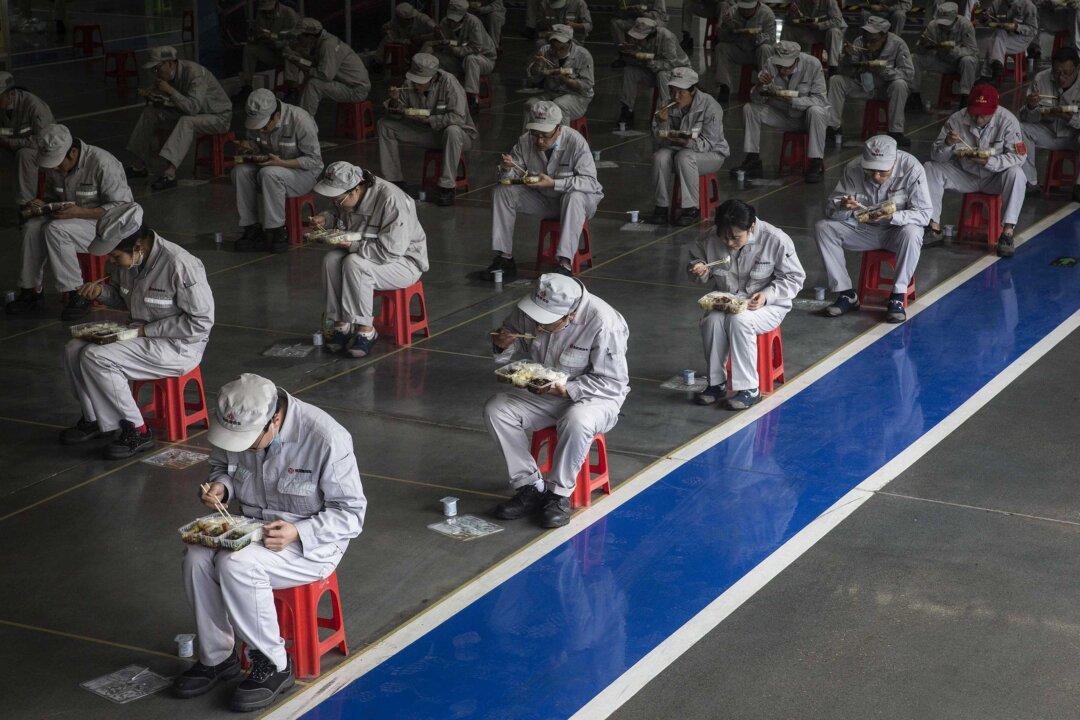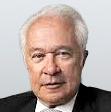Commentary
The CCP (Chinese Communist Party) virus pandemic is imposing an enormous cost across the world. This must already amount to many trillions of dollars.


The CCP (Chinese Communist Party) virus pandemic is imposing an enormous cost across the world. This must already amount to many trillions of dollars.